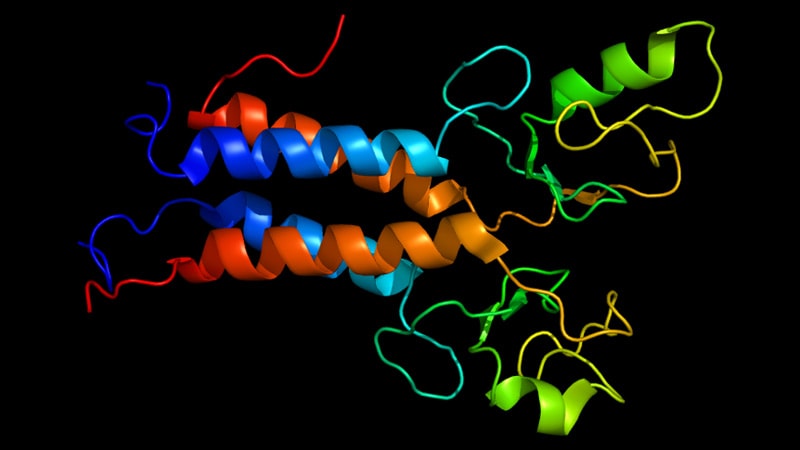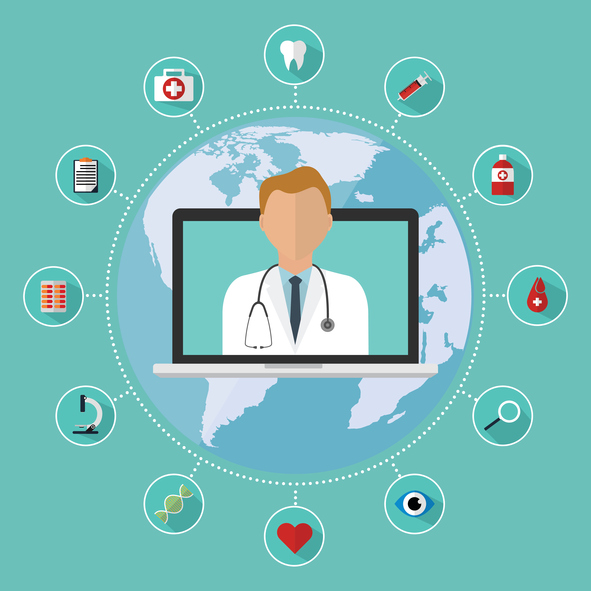Two senior Biden administration officials on Wednesday warned there could be serious consequences for the nation’s children if it had to relearn lessons about the public health benefits of vaccines.
The comments, which came as the country waits to see who will fill key health positions in the new Trump administration and how much sway anti-vaccine figures like Robert F. Kennedy Jr. might exert, were made by Mandy Cohen, the director of the Centers for Disease Control and Prevention, at an event in Washington, and Peter Marks, the Food and Drug Administration’s top vaccine regulator, at a scientific conference in Boston.
Both cautioned the country may pay an unnecessary toll if it adopts policies that undermine the uptake of childhood vaccines in particular.
“I think we have a very short memory of what it is like to hold a child who has been paralyzed with polio or to comfort a mom who’s lost her kid from measles. It’s not that many generations ago, but it is far enough away that folks have forgotten,” Cohen told an audience at the Milken Institute’s Future of Health Summit.
“No one wants to see a child paralyzed, a child die from something that we can prevent.”
Speaking at the 12th International mRNA Health Conference, Marks said he’s worried American children may die as the result of an embrace of policies that are not based in science.

What Trump and Robert F. Kennedy Jr. might do to undermine vaccines — and what they likely can’t
“What I learned in parenting when my kids were 3 or 4 years old…the whole country may have to learn…. The natural consequences of not believing in science or the potential benefit of these vaccines may be that we have unnecessary deaths,” said Marks, who is director of the FDA’s Center for Biologics Evaluation and Research. “I’m sorry to say that. I hope it doesn’t have to come to that, but it seems like that is where we are.
“I like to be respectful of people’s opinions, but to me, this is not an opinion issue. It’s just black and white. We know what the safety profile of these vaccines are. We know how many lives they saved, and I think we’re just going to have to reiterate that and let people make their choices,” he said.
Marks’ comments came in response to a question about Florida Surgeon General Joseph Ladapo’s call earlier this year for the country to stop using Covid-19 vaccines made using mRNA technology. It has been reported that Kennedy has recommended Ladapo — who often espouses views that are at odds with established public health policy — to serve as secretary of the Department of Health and Human Services, which would give him authority over the FDA and the CDC.
Cohen is a political appointee; she will not be CDC director in the new administration. Marks is not a political appointee. He headed CBER during the first Trump administration. Still, Marks alluded in his response to the fact that his future could be uncertain.
“I probably can’t say much more, because I would like to keep my job — at least until I get home,” he quipped.
Cohen’s remarks were in response to a question regarding a comment Kennedy made on the social media platform X in March, where he said he wanted to “clean up the cesspool of corruption at CDC” and to force public health agencies to “come clean about Covid vaccines.”
Without addressing Kennedy’s claims directly, the CDC director described vaccines as being society’s bulwark against illnesses that are no longer common because of high vaccination rates.
“I don’t want to have to see us go backwards in order to remind ourselves that vaccines work,” she said. “They protect our kids. They’re our best defenses against these terrible illnesses that luckily we haven’t seen, but we are starting to see around the world because vaccine rates post-pandemic are lower.”
Asked how spirits are at the CDC these days, Cohen acknowledged there is a sense of unease, saying that “when public health is working, it’s invisible. We like to be out of the news and we’re in the news a little bit.”
She admitted she’s worried about talk in some Republican circles about restructuring the CDC, in ways that would sharply pare down its responsibilities and have it refocus more tightly on infectious diseases.
“I am concerned when I see proposed budgets out there that zero out our ability to work on overdoses, on suicide,” Cohen said. “What do you think is killing people under the age of 50? Top reason is unintended injury … which is a combination of suicide, overdoses, car accidents and for children, the number one thing that is killing our children is drowning.”
Cohen said the CDC has worked hard to learn from errors in the Covid-19 response, and to strengthen its capacity to respond to the next disease emergency, whatever it is. “We need an entity like the CDC as well as our larger public health ecosystem to protect folks’ health every day,” she insisted. “And I think we need that not just for health security, but frankly, we’ve all learned, for the economic security of our country. We can have our economic security turned upside down by a small little virus.”






